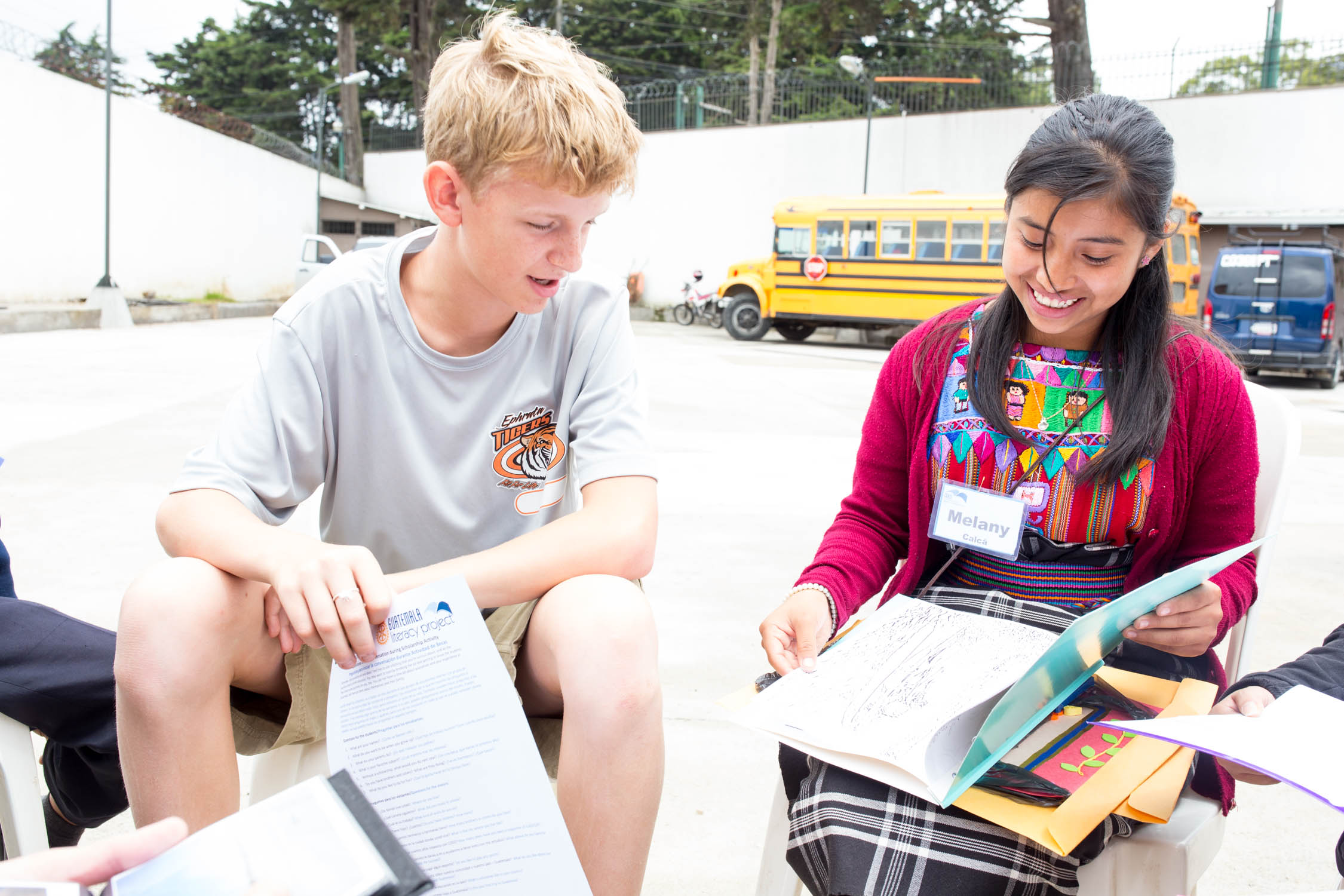
Class is in session! Welcome to Guatemala’s Education System 101. School systems work differently in every country around the world and you may be curious as to how others differ from your own.
Guatemala is a country near and dear to our hearts here at Cooperative for Education (CoEd) and you may be wondering, “how does the Guatemalan education system actually work?” Or, you might have travelled with us down to Guatemala in the past and just stopped by for a refresher course. Either way, we are here to teach you the basics through the eyes of a Guatemalan student!
Let’s say you are living in Guatemala. You live with your parents and siblings in a rural village just outside of Patzún. (Not a bad view, right?)
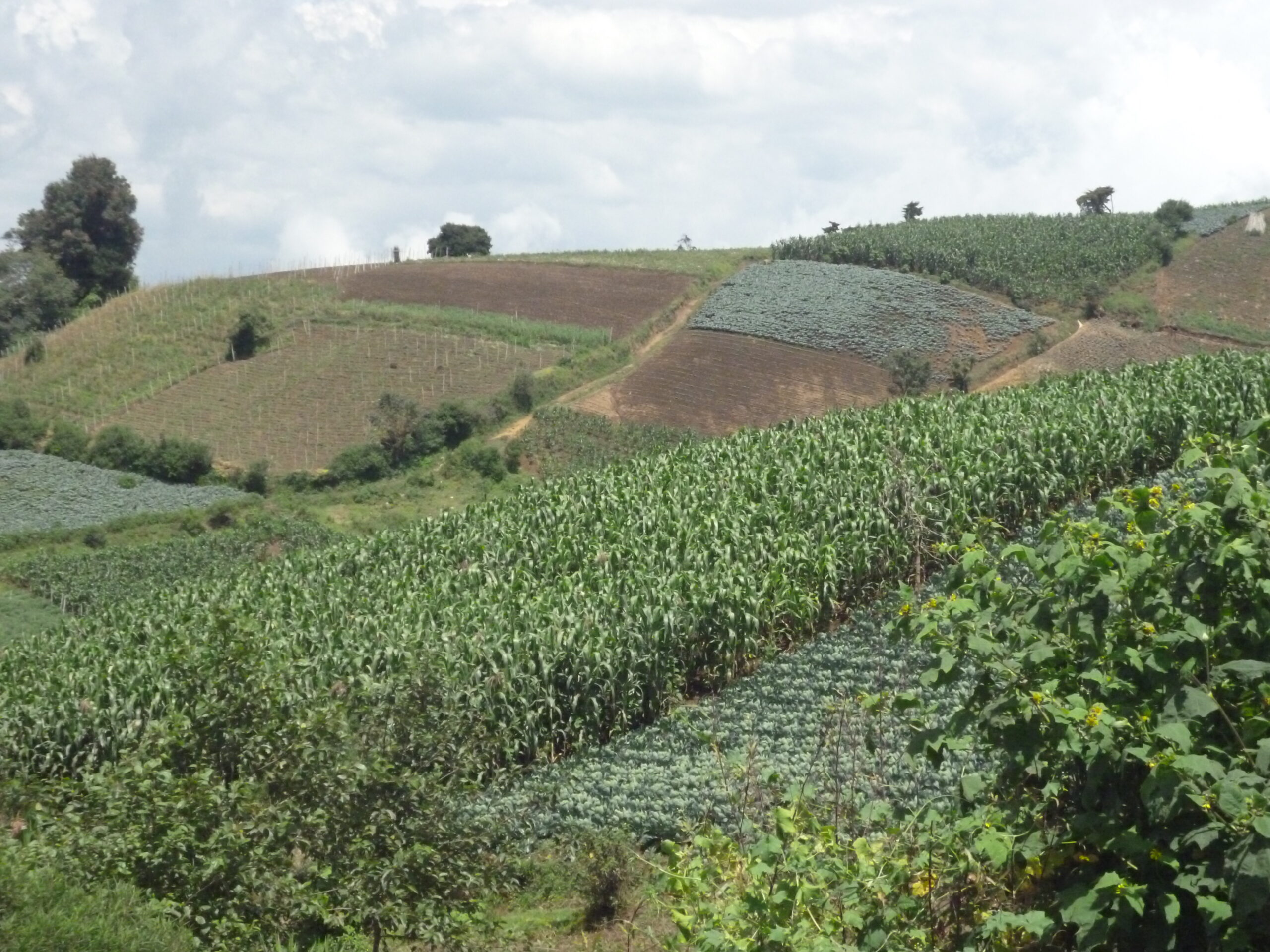
It’s January (the start of the Guatemalan school year) and you just turned five years old, so it’s time to start school! Like everyone else your age, you will be attending párvulos or preschool.
A year later, you are turning six years old. It is time to start preparatoria (prepa) or kindergarten. This is when students in communities Cooperative for Education (CoEd) serves are introduced to the Spark Reading Program. This program provides training for teachers and high-quality children’s books. This ensures that teachers are able to read to their students every day. (Do you remember reading Brown Bear, Brown Bear, What do you See? or for Guatemalan readers Oso Pardo Oso Pardo ¿Qué ves ahí? Us too!)
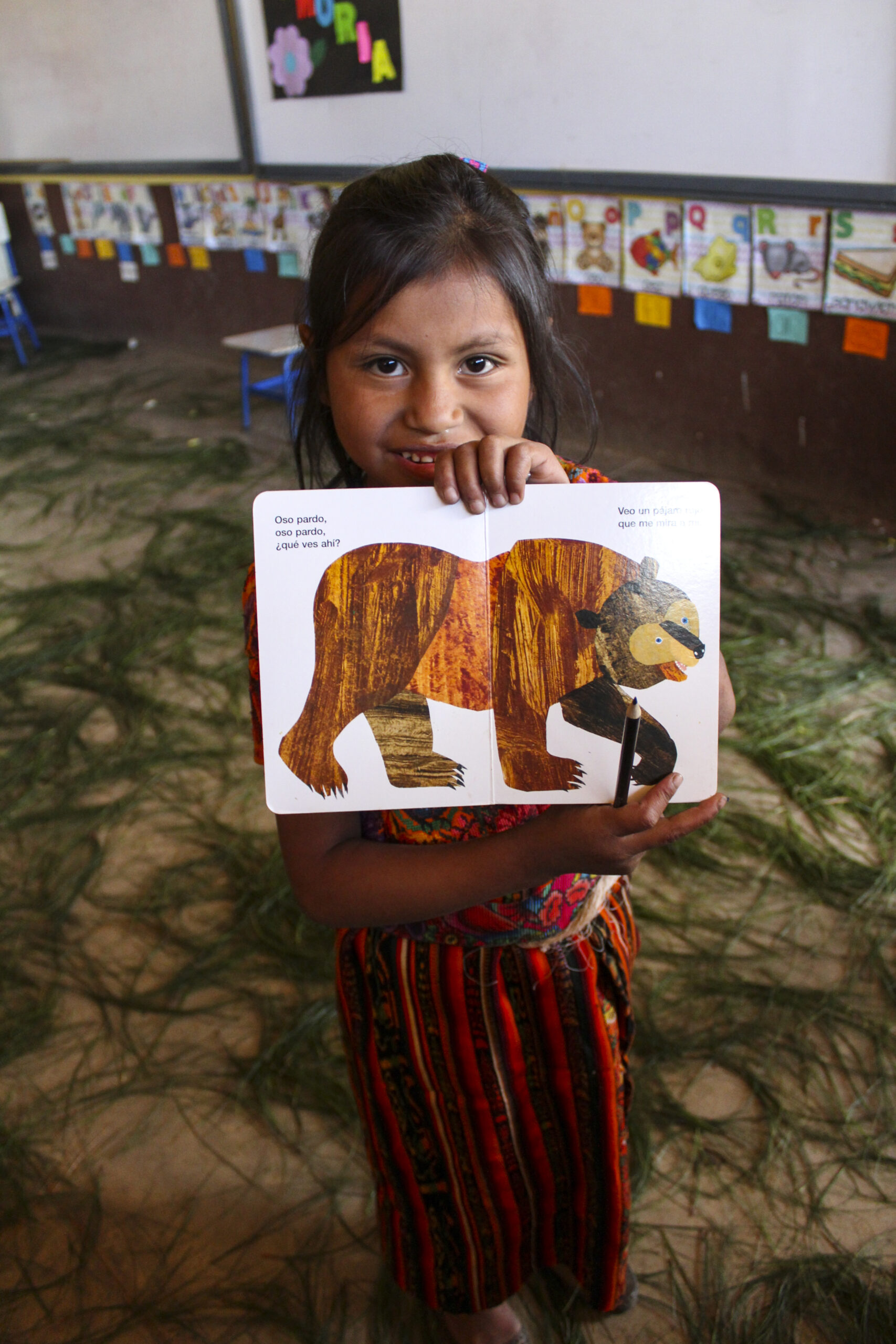
After a few years, you are ready for secondary education. You will start in ciclo básico or junior high, and be here from grades 7-9.
In Guatemala, there are three different types of schools. You can either attend a public (state-funded) school, a private (privately-funded) school, or a cooperative school (which are funded by the Ministry of Education, municipal government, and members of the local community.)
If you’re in a community with CoEd’s Computer Program, you are starting to take classes in the local Computer Center, and this is probably the first time you have touched a computer. (We are super excited too!)
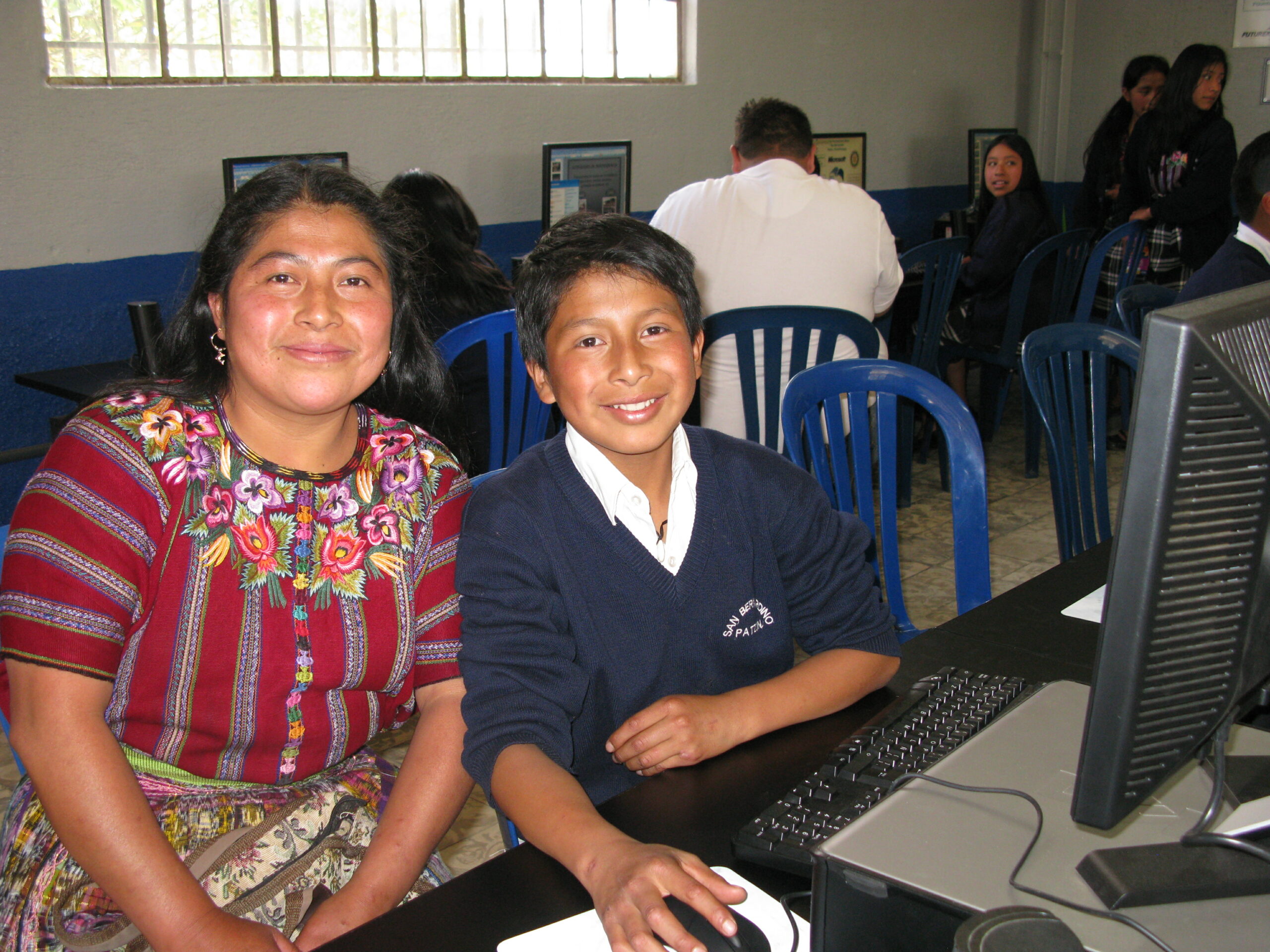
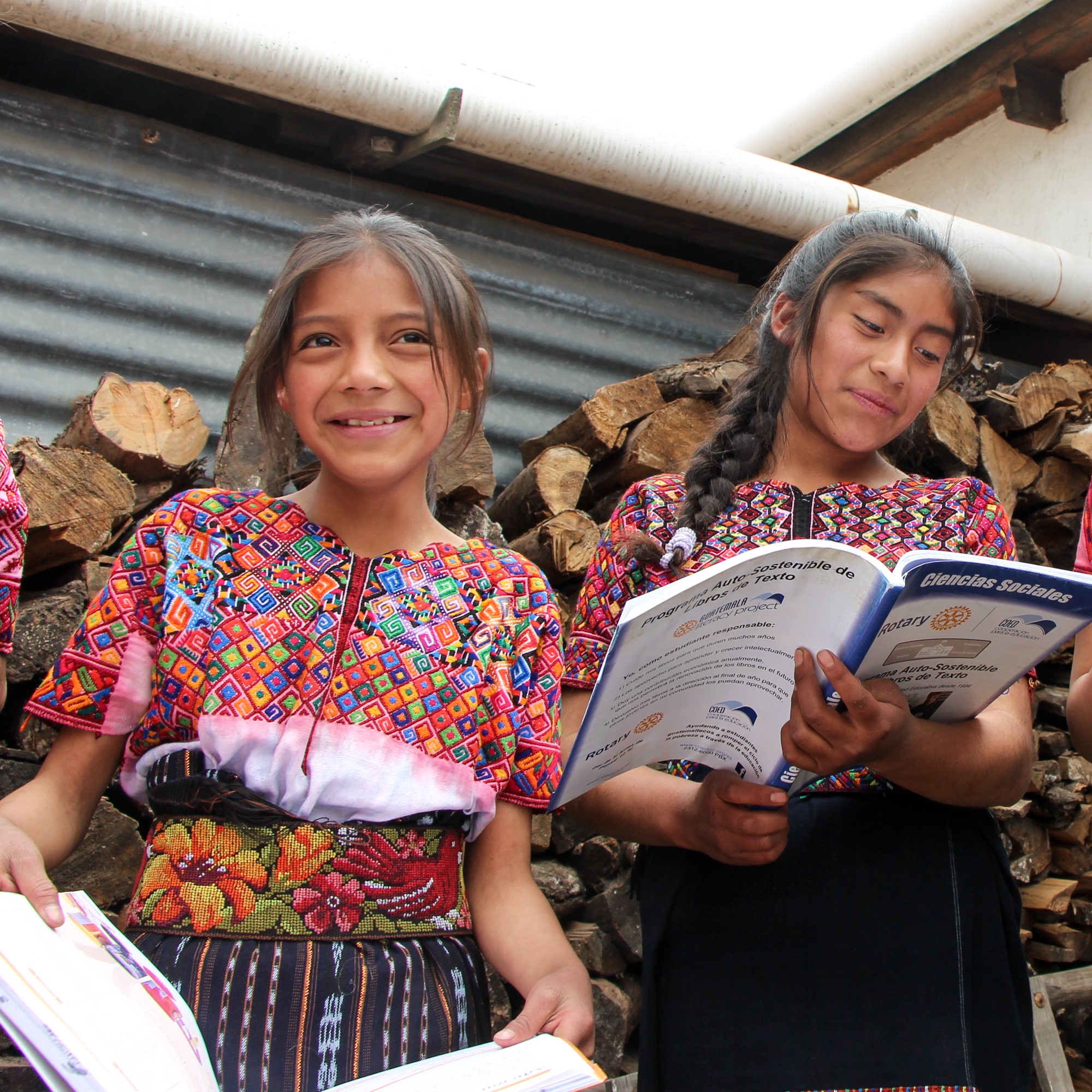
Once you finish ninth grade, you will move to ciclo diversificado or high school. From grades 10-12, you will be in a vocational school, preparing for university or getting ready to start your career!
It is possible that you have been a part of CoEd’s Rise Youth Development Program for a few years now. The Rise Program spans from 7th-12th grade and identifies promising young students who would otherwise be forced to drop out of school, and gives them the tools to break the cycle of poverty. In addition to providing full academic scholarships, Rise offers comprehensive support services from mentors, counselors, and psychologists, and engages students in workshops, community service, and visits to local businesses and universities that transform the way they think about their futures.
The Rise Program consists of a one-on-one relationship between you and a sponsor, and they’ve been writing you letters and encouraging you all the way up until high school graduation!

After graduation, you are ready to attend university or start your career. Because of your high school diploma, you will be able to continue onto higher education or immediately get a job that supports you and at least one other person above the poverty line, breaking the cycle of poverty once and for all! Graduating from high school is a huge accomplishment for students in Guatemala, considering only about 2 out of every 10 children that begin school will graduate.
We hope this helped you to understand the Guatemalan education system a bit better! No matter what the education system looks like, we believe that every child deserves a quality education. Once educated, students are able to reach their full potential. Education truly helps children break the cycle of poverty in Guatemala!
Class is dismissed!

This was an excellent refresher about the Guatemalan education system. Thank you for sharing it.
Thank you, Kathleen! We are so glad you found this to be helpful. – The CoEd Team
Wish you had mentioned that there is a chance that a few students will actually go to a university to continue their education. the write-up made it sound like high school/vocational training is the end of the road.
Hi Carol. Thank you for highlighting this important detail in our students’ educational journey! You are absolutely right. Some of our incredible students go on to study at a university after high school graduation, rather than starting their careers immediately. This blog was meant to focus on the Guatemalan education system from preschool to high school graduation, so that’s why we didn’t focus much on students’ options after high school. We did go back and revise the post to make sure that attending a university was mentioned as another option for students after high school. Again, thank you for mentioning this point! We hope you are doing well! – The CoEd Team
This is super helpful as I’m a high school registrar seeing an influx of Guatemalan refugees moving to the states. Thank you so much for sharing this information as it provides so much clarity.
How does the Basic Cycle of Middle Education by the cooperative system in Guatemala equals in the United States?
Hi, Isabel! In the U.S., middle school is typically grades 6-8, while in Guatemala, middle school is grades 7-9.